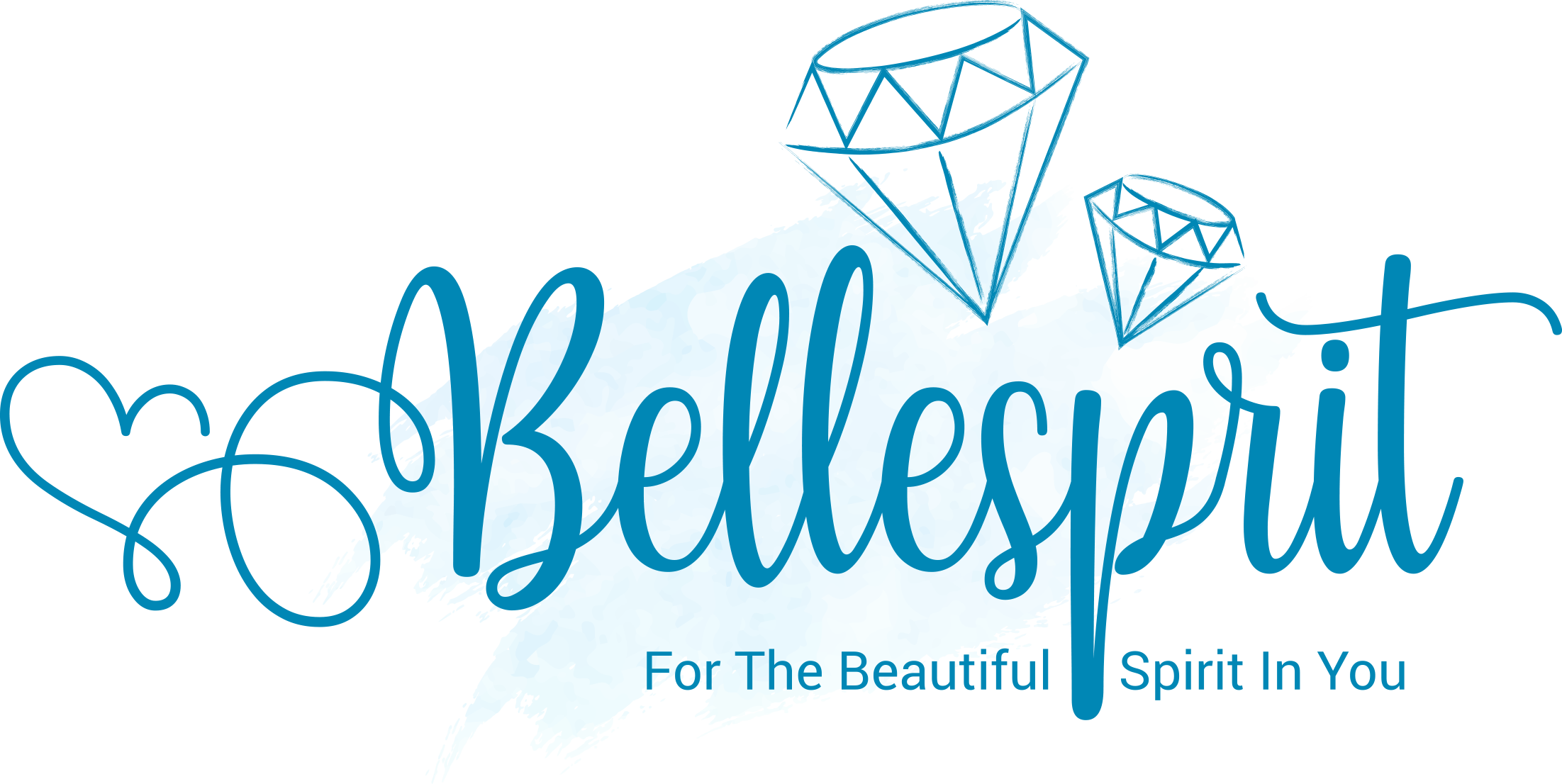Medical trauma is very real but also an underreported and misunderstood form of trauma. It’s technically post-traumatic stress disorder.
By Susan Melony
There are an estimated 200,000 deaths each year due to medical error. Then, beyond that, there are millions of people who are injured by medical errors such as errors in medication, unnecessary blood transfusions, delayed diagnoses, and healthcare-associated infections.
These just speak to trauma that can stem from actual errors.
Even if there isn’t a medical error, many situations, such as hospitalizations, can lead to ongoing trauma.
Some situations that can lead to medical trauma aside from errors and malpractice include:
- Being diagnosed with a life-changing or life-threatening illness
- Having your loved one be diagnosed with a serious illness
- Receiving emergency medical care
- Traumatic childbirth
- Miscarriage or ectopic pregnancy
- An extended hospital stay
A medical condition doesn’t necessarily have to be life-threatening to lead to medical trauma. It just has to be perceived as life-threatening.
There are likely many people who are currently dealing with medical trauma right now because of a COVID-19 diagnosis, for example. It might not be life-threatening for them, but it is a highly stressful and uncertain situation.
If you’re dealing with medical trauma, you likely want to work toward healing physically but also emotionally.
Chronic stress from trauma can have further impacts on your health beyond the triggering event. For example, chronic stress can increase the likelihood of developing heart and liver diseases, cancer, and anxiety and depression.
Dealing with medical trauma and healing from the effects is a process that’s similar for other types of trauma, and the following may be helpful.
Understand the Phases of Trauma
There are usually three general phases of trauma recovery that people go through, at least according to psychiatrist Judith Herman.
The first stage of safety and stabilization. During this phase, you have to learn how to feel safe in the world and your body again. You’ll need to learn how your emotions are linked to your trauma, and during this early phase, you might start to work on strategies to manage your difficult emotions.
The next process of dealing with trauma is referred to by Dr. Herman as remembrance and mourning. This is a time when you start to verbalize and contextualize the trauma you experienced. This is a good time to consider therapy if you haven’t already.
You don’t have to try to escape your difficult emotions or relive the traumatic experience. Instead, you should focus on mourning what you lost as a result, and also on how to express how you feel.
The third phase, based on Dr. Herman’s model, is reconnection and integration.
You focus on hope for the future during the third phase, and you look toward reclaiming your sense of power.
Minimize Media Exposure
If you’ve had any kind of medical trauma, watching the news or looking at social media can cause you to feel like you’re reliving what happened to you, especially with what’s going on right now. If you’re constantly watching emergency room scenes because of coronavirus, for example, it can further traumatize you.
It’s important that when you’re healing from medical trauma, you avoid distressing things, and you limit your exposure to anything similar to the traumatic event.
Accept Your Feelings
Many of the things you can do to heal from medical trauma are briefly touched on in the above steps but are worth talking about on their own as well.
Accepting your feelings is important as you work through any kind of trauma, including when it stems from a medical situation.
Don’t force yourself through the process of healing, and give yourself plenty of time. You have to let yourself work through everything that you’re feeling physically and emotionally without guilt or judgment.
Work to Overcome Your Feelings of Helplessness
When you experience trauma and especially medical trauma, it often leads to feelings of helplessness.
There are actions you can take to overcome some of those feelings of helplessness.
For example, if you’re physically able, consider volunteering your time.
Be Physically Active
If you are able to be active at all, it’s so valuable for healing your mind and your body. When you’re experiencing trauma and simultaneously dealing with healing from a medical event, physical activity can help you get past that stuck feeling you may be in.
Physical movement helps boost your endorphins and adrenaline, and can also help you feel more in control of your health.
Start slow, and find things that you enjoy. Rhythmic movements can be good when you’re dealing with trauma, such as dancing, running, walking, or swimming.
Try to be mindful as you move. For example, what sensations do you feel when your feet hit the ground, or what is the rhythm of your breathing like?
Stay Connected
When you’re coping with medical trauma, you might want to withdraw and avoid other people, but that’s going to impede your recovery. Try as hard as it may be, to do the opposite.
Try to connect virtually with people if you have to, but ideally, work on face-to-face relationships and conversations.
Staying connected doesn’t necessarily mean that you have to talk about your traumatic experiences.
Take Care of Yourself
The stronger your body, the stronger your mind is going to be. Along with making physical activity a priority, there are other ways you can take care of yourself as you recover and heal from medical trauma.
Make stress reduction and eating and sleeping well your main objectives.
Create a bedtime routine where you go to sleep at the same time each night, and get up at the same time every morning. Do things that are relaxing before bed and that you enjoy.
Try to focus your diet on healthy fats like omega-3 fatty acids that are healing for the mind and body. Eat fruits and vegetables and high-quality sources of protein while reducing processed foods.
Medical trauma is very real and affects many more people than we might initially realize. Like other forms of trauma, it’s important to give yourself time and work through all that’s happening and that you’re experiencing as a result.



